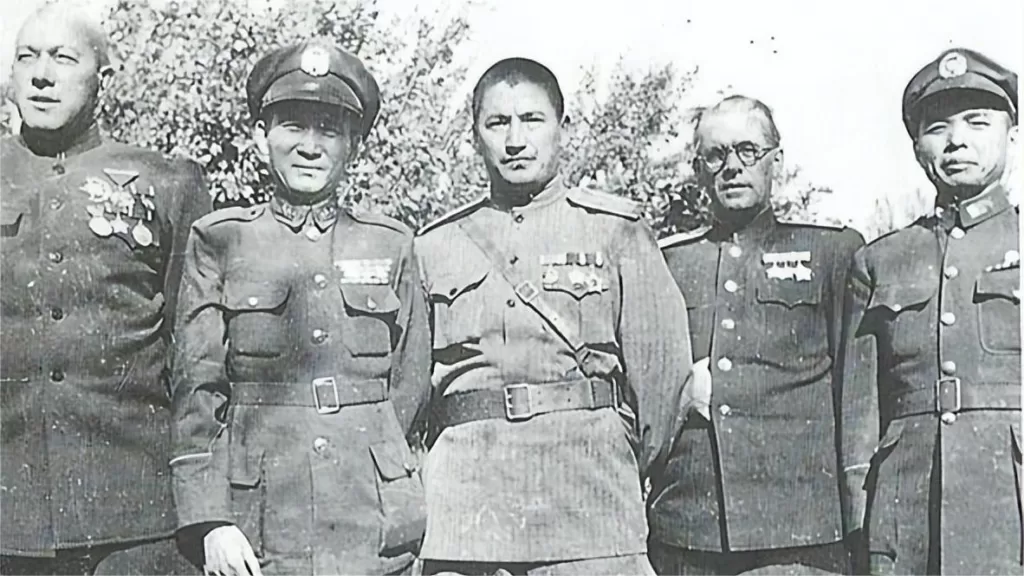Zhang Zhizhong – Peace General in the 20th Century


Zhang Zhizhong (张治中) (October 27, 1890 – April 6, 1969), originally named Benyao and later changed to Zhizhong, was a distinguished figure in Chinese history – a military leader, politician, and patriot born in Chaohu, Anhui Province, China.
Belonging to the Huangpu Military Academy clique, Zhang Zhizhong was a key general of the National Revolutionary Army, holding the rank of Lieutenant General. His military prowess and political acumen marked him as a prominent figure in the tumultuous era of Chinese history. During the Second Sino-Japanese War, specifically the “January 28 Incident” in 1932, he served as the commander of the Fifth Army and played a crucial role in resisting the Japanese invasion in Shanghai.
In November 1937, Zhang Zhizhong assumed the position of Chairman of Hunan Province. However, due to a critical error that led to the “November 13 Changsha Fire” incident in 1938, he faced dismissal from his post. Despite this setback, Zhang Zhizhong continued to contribute to the Chinese nationalist cause.
In 1945, he was appointed as the Minister of the Political Department of the Military Affairs Commission of the Kuomintang (KMT), concurrently serving as the Secretary-General of the Three Principles of the People Youth Corps. In 1949, during the Chinese Civil War, he played a crucial role in facilitating the peaceful liberation of Xinjiang by sending telegrams to General Tao Zhiyue and Xinjiang’s Chairman, Burhan Shahidi. After the establishment of the People’s Republic of China in 1949, Zhang Zhizhong held various significant positions, including Vice Chairman of the Northwest Military and Political Council, Vice Chairman of the National People’s Congress Standing Committee, Vice Chairman of the National Defense Committee of the People’s Republic of China, and Vice Chairman of the National Committee of the Chinese People’s Political Consultative Conference. His contributions were recognized for promoting national unity and socialist construction.
Zhang Zhizhong passed away on April 6, 1969, in Beijing. Throughout his tenure with the Nationalist Party, he earned the recognition and trust of Chiang Kai-shek, the leader of the Kuomintang. Notably, Zhang Zhizhong advocated for peaceful coexistence between the Kuomintang and the Communist Party of China. Post the Chinese Civil War, due to his significant contributions to peace in China, he became known as the “Peace General.” Today, his former residence stands as a memorial to honor his legacy. Zhang Zhizhong also authored memoirs, including “Recollections of Zhang Zhizhong.” His life remains emblematic of the complex political landscape and shifting alliances during a transformative period in Chinese history.